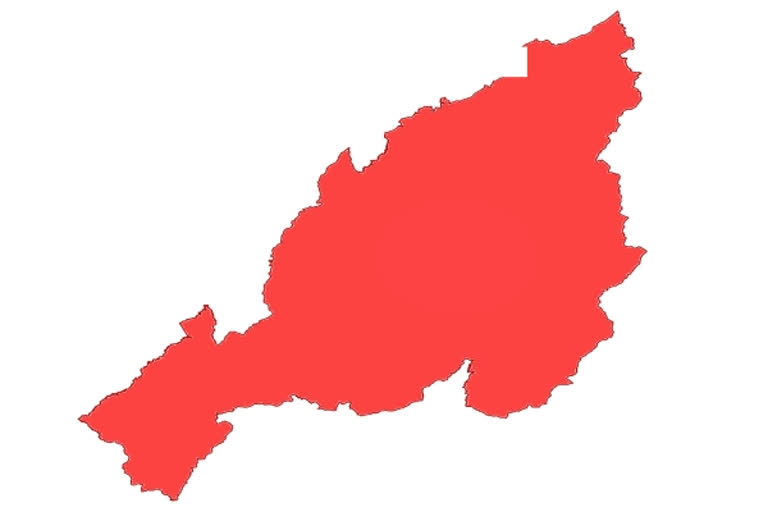New Delhi:From the time two weeks ago when the aging proud father of slain Assam Rifles jawan Khatnai Konyak delivered a heart-wrenching speech during the burial ceremony of his fallen son urging his tribesmen to support India and keep manning the borders, there has been a veritable u-turn in the sentiment of Nagas towards the security forces.
Khatnai Konyak was killed in a deadly ambush laid by insurgents in Manipur’s bullets on November 13, 2021 near the India-Myanmar border in Manipur’s Churachandpur district.
The killing of at least 16 Naga Konyak tribesmen and injury to at least a score—of whom the condition of about four is known to be serious—in firing by soldiers of the Army’s 21 Para and Assam Rifles troopers near Oting village in Nagaland’s Mon district on Saturday couldn’t have come at a worse time for the government and is snowballing into a much bigger issue.
The killing in a possible case of mistaken identity comes at a time when the Naga peace talks are stuck in a state of limbo with no substantial progress after having kick-started in 1997 with the Isak-Muivah faction of the Nationalist Socialist Council of Nagalim (NSCN) amid obvious fault-lines of division along tribal lines within the larger Naga community.
After some initial progress despite a framework agreement signed between the government and the NSCN (IM) in 2015, the status of the talks is now unclear.
Interestingly, there is an ongoing ceasefire between the government and the various insurgent groups in Nagaland, something that has been violated by Saturday’s gunfight.
With December being the top festive time in Nagaland due to the ongoing Hornbill festival, Christmas and New Year’s eve, the killings have generated a lot of anger among Nagas as also bring renewed focus on the Armed Forces Special Powers Act (AFSPA).
The AFSPA is a controversial law that enables security forces to shoot at sight and arrest anybody without a warrant in disturbed areas of the Northeast and Kashmir.
